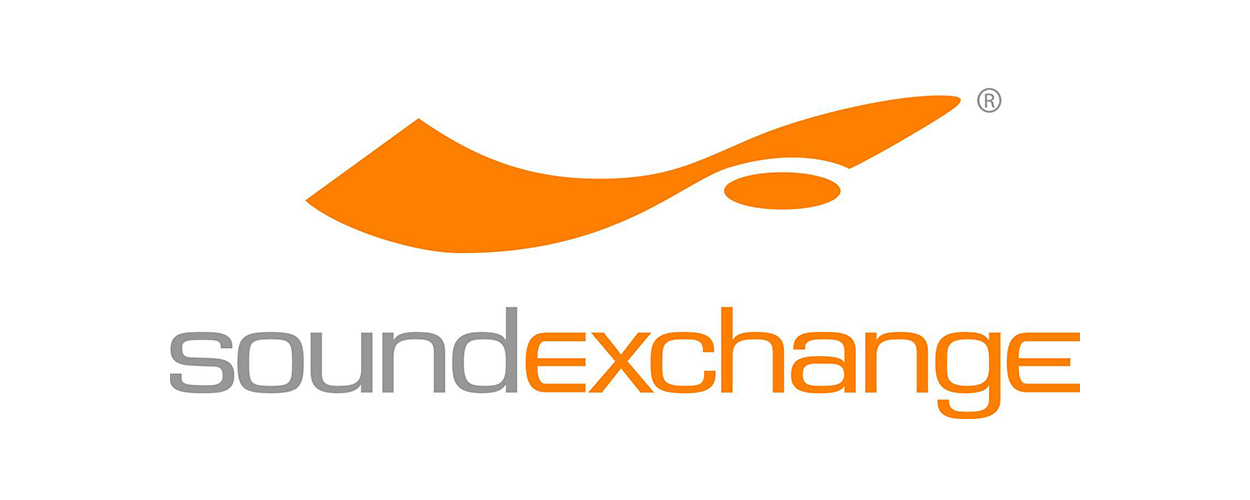This website uses cookies so that we can provide you with the best user experience possible. Cookie information is stored in your browser and performs functions such as recognising you when you return to our website and helping our team to understand which sections of the website you find most interesting and useful.
Business News Digital Labels & Publishers Media Top Stories
SoundExchange sues Music Choice over its “creative accounting”
By Chris Cooke | Published on Thursday 11 April 2019

US collecting society SoundExchange has sued Music Choice over allegations that the music service provider employed some sneaky creative accounting in relation to its B2B products in order to reduce the royalties it was obliged to pay to the record industry.
Music Choice is best known for the audio music channels it provides over cable TV networks in the US, a service that it used to also offer via satellite and cable networks in Europe too before it sold off its European business to Canadian rival Stingray.
As well as that, Music Choice also provides other music-related services as well, including offering a range of audio channels to businesses that want to play recorded music on their premises. It’s that side of Music Choice’s operations – known as MC For Business – that SoundExchange accuses of some dodgy dealing to reduce its overall royalty payments.
SoundExchange collects money on behalf of record labels and recording artists where recorded music is broadcast over digital or satellite channels in the US. Companies doing that can rely on compulsory licences Stateside, meaning that the licences administered by SoundExchange – and the so called statutory rates licensees must pay – are put in place by your good friends at the US Copyright Royalty Board.
Confirming that it was going legal after auditing Music Choice’s B2B division, SoundExchange said yesterday: “The basic royalty rate for a [business establishment service] is ‘12.5% of [the] licensee’s gross proceeds derived from the use in such service of musical programmes that are attributable to copyrighted recordings'”.
The society added that it had audited statements provided by Music Choice’s B2B service from 2013 through to 2016 and “discovered that Music Choice systematically underreported its gross proceeds leading to underpayment to SoundExchange for statutory royalties related to the BES that that we believe extends beyond the 2013-2016 audit period”.
The rights organisation’s General Counsel Colin Rushing then stated: “Music Choice’s actions reflect a persistent effort to avoid paying royalties for its use of protected sound recordings. Its creative accounting has cheated creators out of the royalties they are due and is inconsistent with the Copyright Royalty Board’s regulations”
He then added that “we hope this action will compel Music Choice to pay the royalties that are due to music creators and to change its practices moving forward”.
It remains to be seen how Music Choice – which has Sony as a shareholder alongside a bunch of cable telly companies – responds to SoundExchange’s demands and litigation.





